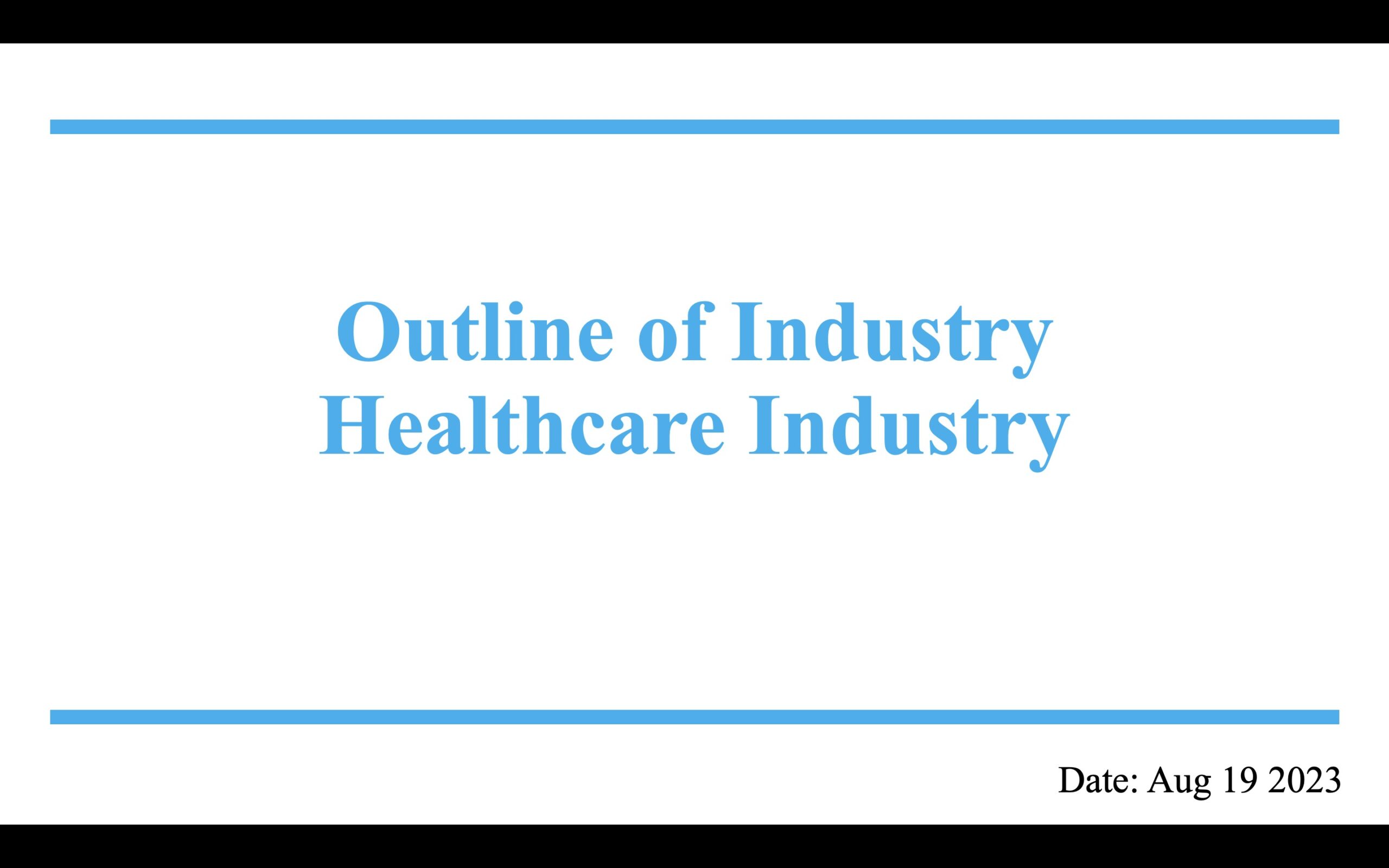The healthcare industry is a vital sector that plays a critical role in the health and well-being of individuals, communities, and nations. It encompasses a range of services, from preventative care and disease management to the treatment of complex medical conditions, and is driven by advances in medical technology, scientific research, and public health policies. In this essay, we will explore the history of the healthcare industry, its current state, and its future prospects.
The history of the healthcare industry dates back to ancient times, with early civilizations developing medical treatments, practices, and technologies. Over the centuries, the industry has grown and evolved, driven by advances in medical science, technology, and public health policies. The 20th century was a particularly significant period in the history of the healthcare industry, with the introduction of new treatments and technologies, such as antibiotics, vaccines, and medical imaging, and the development of modern healthcare systems.
Today, the healthcare industry is a complex and rapidly changing sector, encompassing a wide range of players, including hospitals, clinics, pharmaceutical companies, and medical technology firms. The industry is characterized by a number of trends and challenges, including the growing burden of chronic diseases, the increasing demand for healthcare services, and the impact of new technologies, such as artificial intelligence and digital health. At the same time, the industry is also facing increased pressure to reduce costs and improve access to care, driven by economic and demographic trends and changing consumer expectations.
The current state of the healthcare industry is shaped by a number of factors, including the impact of the COVID-19 pandemic, the growing emphasis on value-based care, and the increasing role of digital health. The pandemic has exposed the vulnerabilities of healthcare systems and highlighted the importance of investment in public health and medical research, while also accelerating the adoption of digital health and telemedicine. At the same time, there is growing recognition of the need to move away from fee-for-service models and towards value-based care, which focuses on outcomes and quality, rather than the volume of services provided.
The future of the healthcare industry is uncertain, with a range of potential outcomes depending on a number of factors, including technological advancements, economic trends, and policy developments. On the one hand, technological innovations, such as artificial intelligence and genomics, have the potential to transform the industry, making healthcare more personalized, effective, and accessible. On the other hand, there are concerns about the impact of these technologies, including privacy and security risks, and the potential for increased inequality and financial instability. In addition, the industry is likely to face increasing pressure to reduce costs, improve access to care, and ensure the sustainability of healthcare systems.
In conclusion, the healthcare industry plays a critical role in the health and well-being of individuals, communities, and nations. The industry has undergone significant changes over the centuries, adapting to new technologies and changing economic and social conditions. The current state of the industry is shaped by a number of trends and factors, including the impact of the COVID-19 pandemic, the growing emphasis on value-based care, and the increasing role of digital health. The future of the healthcare industry is uncertain, with a range of potential outcomes depending on technological advancements, economic trends, and policy developments. However, the fundamental importance of the healthcare industry in protecting and promoting health and well-being remains unchanged, and will continue to be essential in the years to come.



Comment